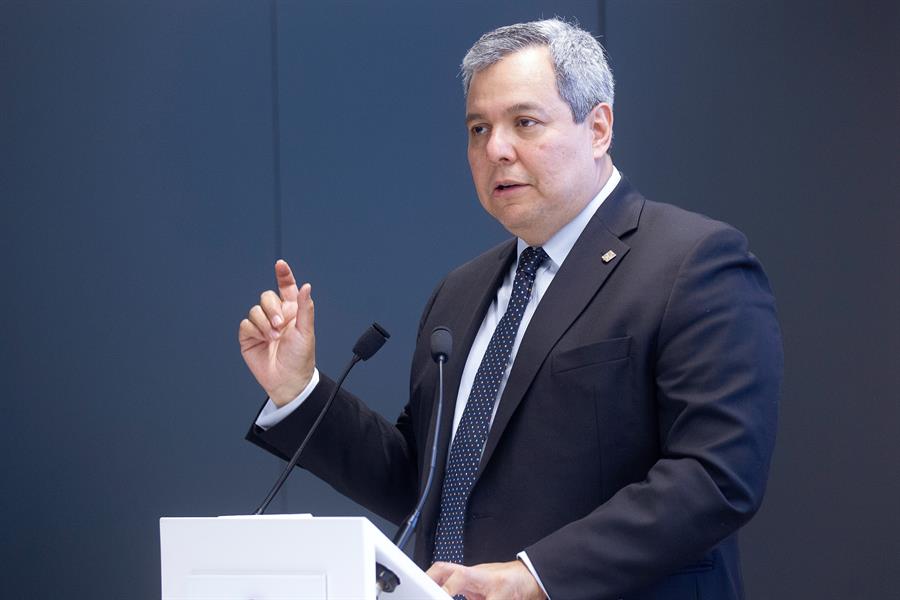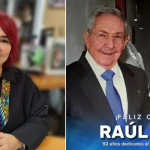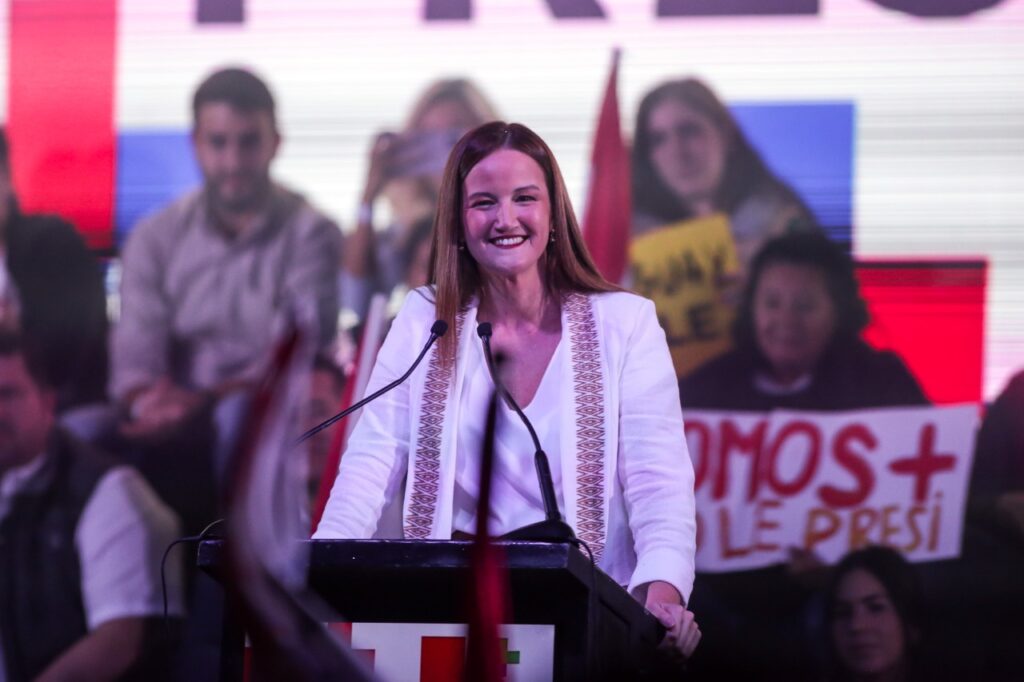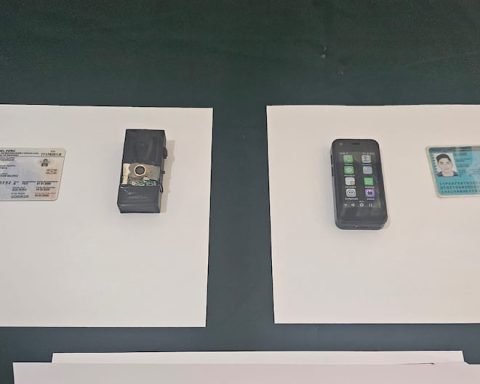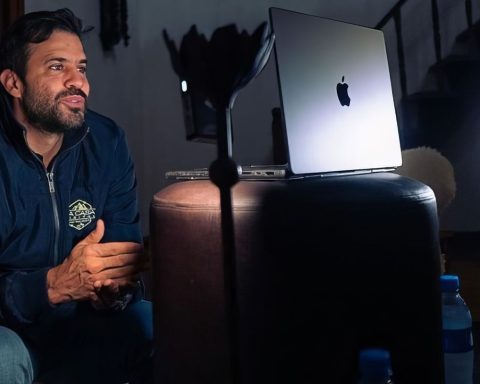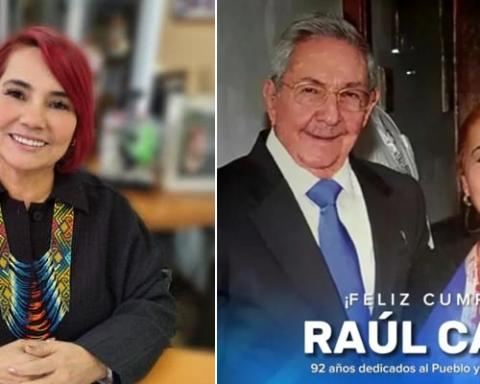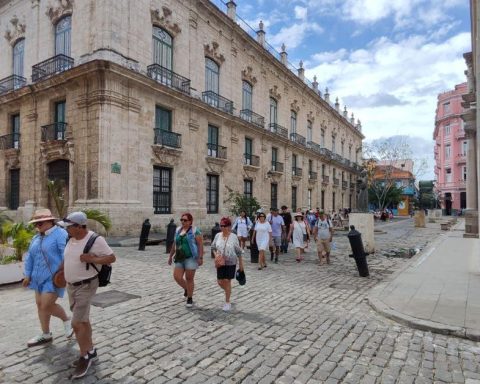The criticism of the Executive President of the Central American Bank for Economic Integration (CABEI), Dante Mossi, of the project to Support the Implementation of the General Law of the Electricity Industry (LGIE) in Honduras, could cost him the vote of that country in 2023, when The time comes to seek re-election as head of that regional entity.
Although in 2018 he was not the favorite candidate to replace Nick Rischbieth as president of the regional entity, Mossi, a Honduran national, obtained the approval of the Assembly of Governors of the Bank as a ‘consensus candidate’, to get out of the impasse in which they had fallen, given that they did not want to elect the one proposed by Daniel Ortega.
Four sources who know the internal workings of that multilateral institution, and agreed to speak under the protection of their identity, explained that although, Mossi’s closeness to Ortega and former Honduran President Juan Orlando Hernández were a guarantee that he could count on those votes for when the time comes to seek re-election, he did his best to keep both presidents happy.
With the change of government in Honduras, and the arrival of Xiomara Castro to the first magistracy from that country, observers thought that Tegucigalpa would withdraw support for its compatriot, and seek his early replacement, especially when remembering Mossi’s very close relationship with Hernández, the president’s political rival.
That is why it seems strange to them not only that Mossi openly criticized the Honduran electricity project, but also that he had made the decision to ‘disengage’ from the $250 million loan that was already approved to finance its implementation.
The sources explained to CONFIDENTIAL that “Mossi had approved a policy loan (loan to finance public policies) to Juan Orlando Hernández, to privatize the production, distribution and sale of electricity, basically to the detriment of the state-owned National Electric Energy Company (ENEE)”.
The Bank required that a specific law be passed for the loan to become effective. The problem is that, to be in force, that law had to be approved in two debates. Last year the first approval was made, but the new Congress did not approve it, which prevented the legal requirement from being met.
Honduran ministers criticize Mossi
What followed was an exchange of criticism and messages through the social network Twitter, where Mossi stated that “the most urgent reform of the electricity sector in Honduras is to make explicit the crime of theft from the ENEE. Going back different reforms to the entire region does not indicate progress. Hopefully the theft of energy is prioritized from another front, with other initiatives”.
This generated responses from senior officials of the Catracho government, including Foreign Minister Enrique Reina, who assured that “the electrical reform is a sovereign act of the State of Honduras. It is not up to the executive president of the Regional Bank to express himself on an internal issue of a Founding State, in addition to exceeding the authority of CABEI’s Governor for Honduras.”
Rixi Moncada, Minister of Finance of that country, wrote to Mossi that “the ENEE that he personally defends does not show progress, but rather looting and public and private corruption. They lent him millions and delivered him broke with a debt of 90 billion [de lempiras, unos 3668 millones de dólares] and losses of 38%. The reform is to combat corruption… why are you against it?”
The Secretary of State in the Energy Office, Erick Tejada, said for his part that “the energy reform… contemplates attacking energy theft in article 13 and the aggressive loss reduction plan that the new ENEE is going to implement. What never brought progress was the LGIE and its canned model that never fit the subsector”.
Honduras: yes or no?
Despite this clash, the sources do not believe that Mossi has lost the Honduran vote, in part, because the government of President Castro already had an opportunity to question Mossi, when nine directors sent a letter to the governors of the entity to express its “deep concern about the Bank’s administrative and financial parameters, and the serious concerns generated about its adequate governance”… and it did not do so.
The second is because it is considered that the president of CABEI “has a strong bond with Nicaragua, El Salvador and Honduras, and is trying to reconquer Guatemala to revalidate his position. We wanted to know if Honduras was going to keep its campaign promises against Mossi, but they didn’t answer anything. Perhaps because of the links between the Zelaya-Castro couple and Ortega.”
“That the Minister of Finance and the Foreign Minister questioned Mossi is a sign of what could happen,” said one of the sources, who acknowledges that “Mossi had good relations with the Hernández government, and it is possible that the closeness of Ortega with the binomial Zelaya Castro, explain that the Government of Honduras does not ask for the head of Mossie.”
On the contrary, another source believes that the Bank’s president’s relationship with the Ortega dictatorship, more the case of Aguas Zarcas(which meant the death of Honduran activist Berta Cáceres), plus the suspension of the USD 250 million loan, could represent a “perfect storm”, offering Honduras (given that he is Honduran, his replacement has to be too) the excuse to request Mossi’s withdrawal… if they decide To do it.
